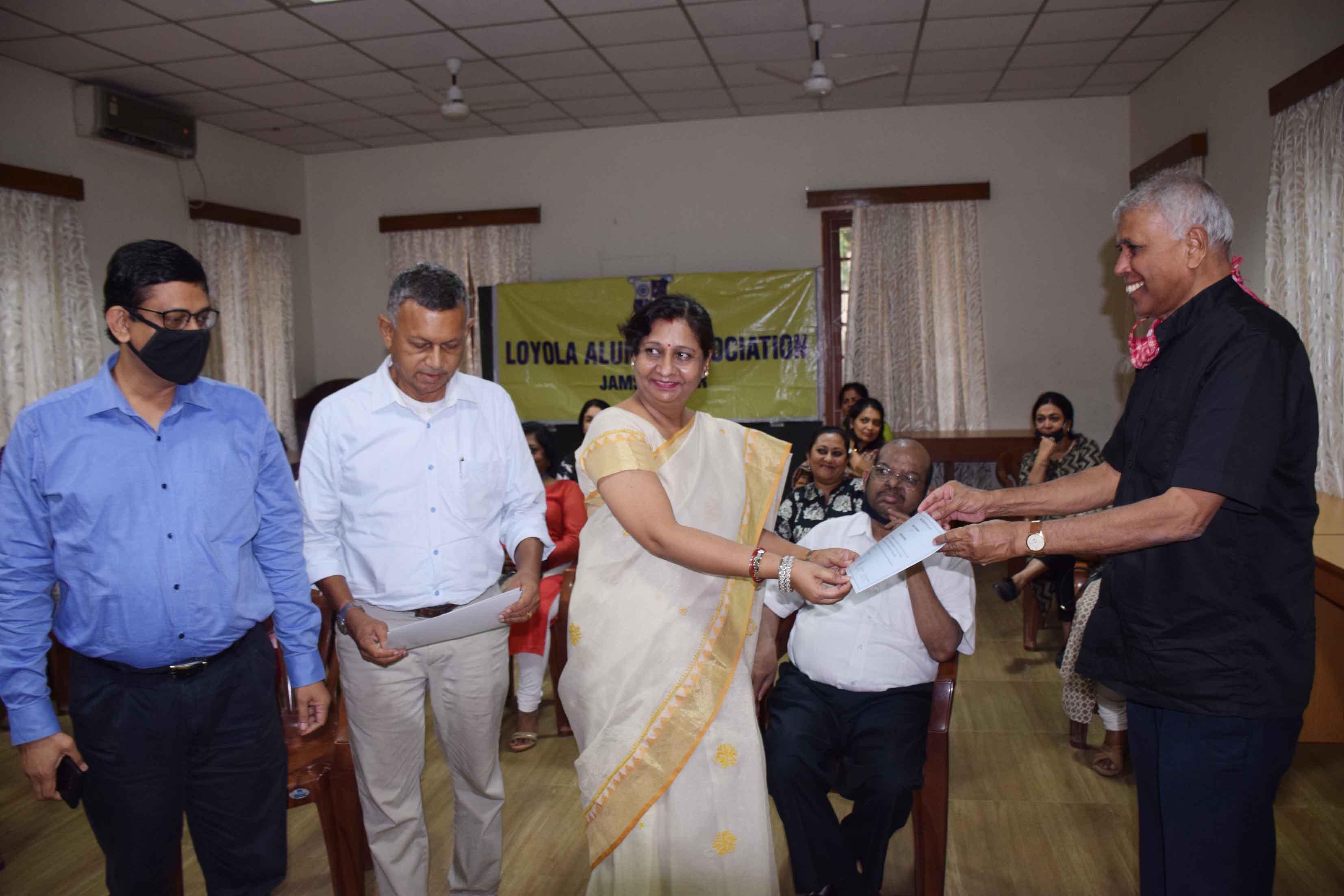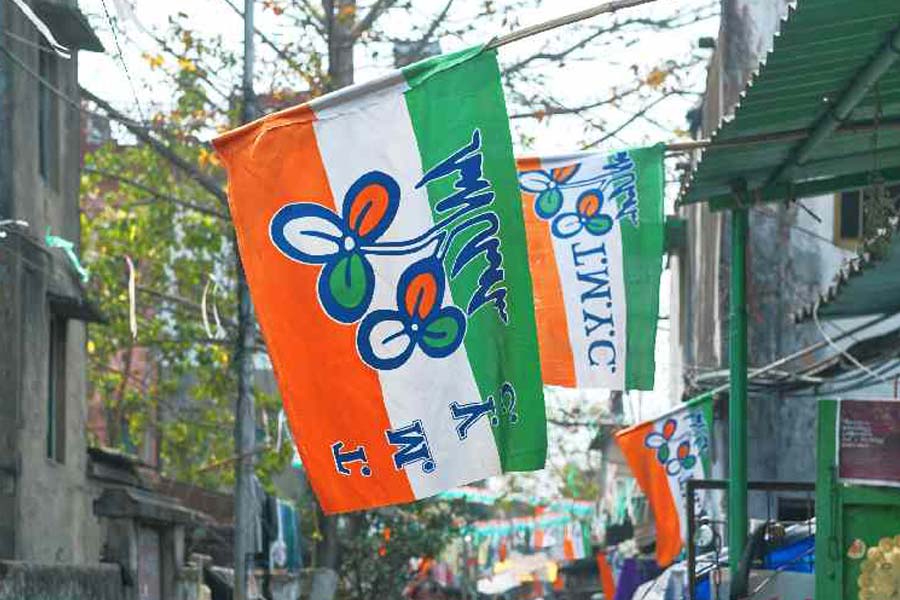The Covid-19 pandemic has brought about physical as well as mental trauma, especially for those in quarantine.
However, help is at hand, from the East Singhbhum Mental Health Programme, along with Loyola Alumni Association (LAA), working with 20 volunteers to ensure the mental well being of the quarantined people.
On Friday, some of the volunteers who extended their services were supposed to be felicitated by East Singhbhum deputy commissioner Ravi Shankar Shukla on the premises of Loyola School.
However, the senior official was unable to attend the function. The short programme, which was an appreciation for the volunteers, consisted of teachers and management fellows and professionals.
The volunteers made about 4,000 calls to those in quarantine to enquire if they faced any kind of stress and signs of depression.
The ones found vulnerable to serious psychological issues were referred to Dr Deepak Giri, in-charge of the East Singhbhum district mental health programme, for diagnosis.
“So far, we have found around 20 cases with anxiety issues who needed extended treatment. There is a certain fear of the unknown and it is so common now. Usually we made one call, but if the need was felt, the quarantined people could call back at a designated time to share more details,” said Giri.
The campaign was facilitated by the Loyola Alumni Association.
According to experts, mental health issues noted in (biological) disaster zones, including Covid-19, can be classified into two phases.
One, an acute phase during the outbreak, which is approximately between two and six months, and a long-term phase after the control of the outbreak, which is more than six months.
The acute phase issues include fear, denial, anxiety, insomnia, dissociative symptoms, depressive symptoms, suicidal ideas or attempts, substance withdrawal and relapse of pre-existing mental health problems.
The long term phase commonly includes grief, survivors’ guilt, depression, substance use, relapses of pre-existing mental illness and somatisation disorders.
During the calls, the volunteers are required to introduce themselves, inform the people about the purpose of the call and ask if they would like to share their concerns.
Volunteers referred to a questionnaire to analyse the person.
“Empathy is the key. People are worried about their health and future. So we had to listen to them and guide them correctly through the process. Some people were really disturbed,” said one of the volunteers.
In another programme, members of the Lions Club donated over 100 personal protection kits (PPE) kits to Shukla at his office on Friday.
So far, members of the Lions Club have donated 70 PPE kits in Koderma, 35 PPE kits in Ramgarh and 50 kits each in Daltonganj, Garhwa, Ranchi, Hazaribagh, Bokaro and Dhanbad districts. West Sighbhum and Saraikela-Kharswan shall receive 50 kits soon.










